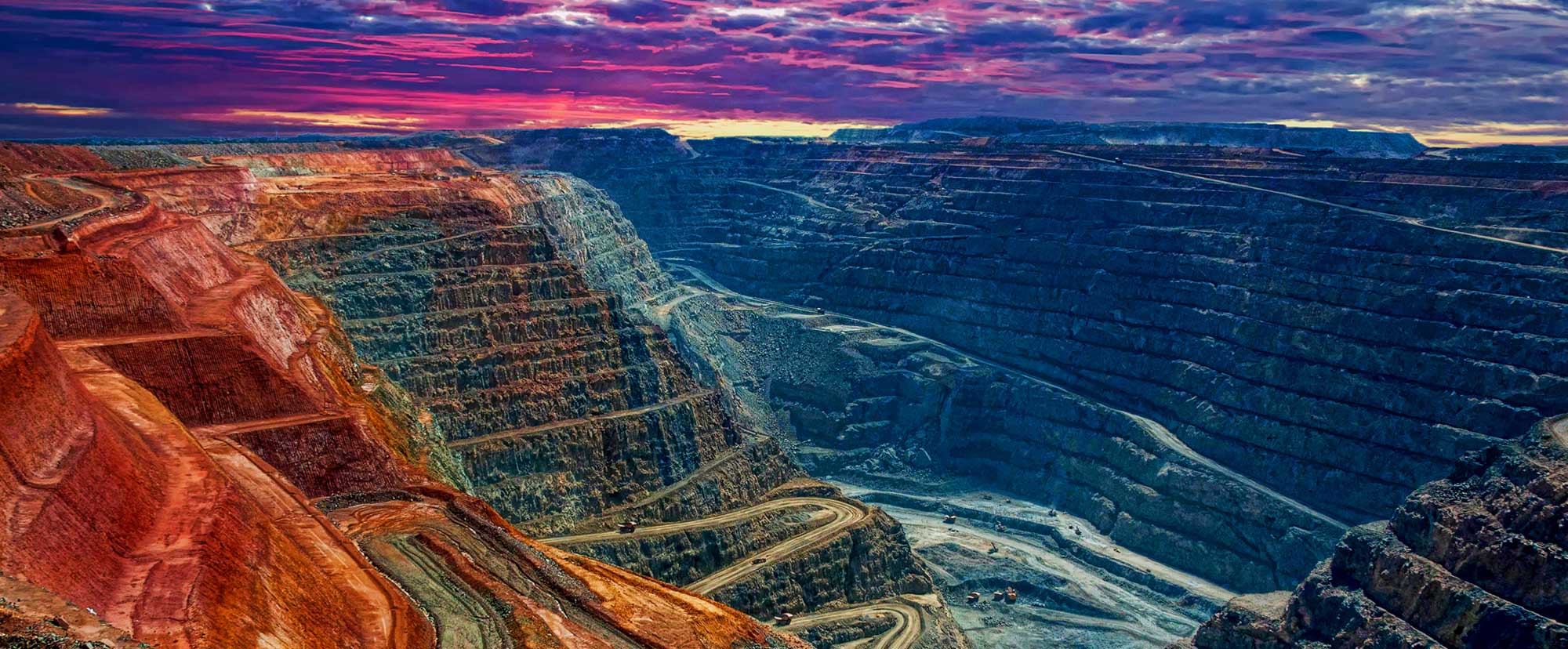3 min read
Why mining companies must know their customers – and how to do it
![]() AML RightSource
:
January 23, 2020
AML RightSource
:
January 23, 2020

How well do mining companies know their customers and suppliers? Those not engaged with the process around who they work with, could be storing up all sorts of trouble for the future.
Mining companies have become accustomed to tough scrutiny from regulators, customers, the media and other stakeholders determined to hold them to account. On issues ranging from their environmental performance to their human rights records, and from conflict minerals to health and safety, mining companies are acutely aware of their responsibilities and the potential financial and reputational implications of coming up short.
However, the onus on the mining industry to conduct scrutiny of its own is much less widely recognised. This will need to change. The extent to which mining companies have a duty to vet their customers may not get much discussion, but this is becoming an ever-more pressing issue. Those miners that do not grasp the imperative are vulnerable to significant risk.
The regulatory burden grows
To see why, consider the growing regulation worldwide in areas such as know-your-customer (KYC), due diligence and anti-bribery and corruption (ABAC).
In the KYC space, for example, almost all developed markets now have legislation in place that requires regulated businesses to make stringent checks on the identity and activities of their customers, ranging from the UK’s Money Laundering Regulations to the USA Patriot Act. Even where mining companies are not directly covered by such legislation as regulated entities, their banks will be, and are likely to have exacting requirements.
In any case, every business should want to confront business risk robustly, in which case KYC checks are vital. These checks protect the business from activities such as fraud, money laundering, bribery, human-rights violations and other forms of corruption and crime. They therefore reduce the financial, reputational, regulatory and strategic risks to that customers pose to the business.
It’s a similar story on ABAC regulation, where the mining industry has seen a steady increase in investigations and prosecutions over the past decade. The introduction of the Bribery Act in the UK in 2010 raised the stakes for every business with any kind of exposure to UK legislation, while the US’s Foreign Corrupt Practices Act contains similar provisions. There has been new regulation in recent years in countries including Australia, Brazil, Canada, China, France, India, Russia and South Korea.
Bear in mind too that this worldwide focus on bribery and corruption has led to a significant increase in co-operation between regulators and enforcement agencies around the world. Mining companies with a problem in one location, should not expect to be able to confine the issue at its source. A troublesome customer has the potential to cause problems for the business all around the world.
Moreover, the issue is not just that mining companies face a plethora of regulation that could cause problems if not properly managed, though this is certainly true. It’s also that the industry is an obvious target for bad actors involved in fraud, money laundering and other criminal activities. Often operating in remote, high-risk and lightly regulated regions of the world, the industry is attractive to organisations and individuals hoping to fly beneath the radar.
Institutionalising the response
How, then, to combat these bad actors – and therefore to avoid regulatory sanction and reputational damage?
Clearly, the onus is now on mining companies to adopt the widely accepted best practices of KYC. That means being able to establish the identity of customers and to verify their documentation; it means being able to identify and understand the nature of each customer’s activities; it also means screening against warning lists, sanctions or blacklists and performing risk assessment and investigations.
Exploiting technology can be a useful way for mining companies to institutionalise and standardise this work. Operating through a single platform for all KYC investigations will enable businesses to embed best practices, share data across compliance teams and to operate more efficiently and effectively. Such platforms can be used throughout the business and can be made available to adjacent functions carrying out similar work – to supply chain managers, for example. They also provide a clear audit trail, which will be vital when dealing with the authorities or other third parties.
The best solutions are flexible and extendable, giving the business the opportunity to introduce additional processes where these are desirable. These might include, for example, adverse media screening to identify any unfavourable information about a particular customer or supplier. In this age of proliferating data – both structured and unstructured – such solutions are increasingly important.
With this more systemic approach in place, global mining businesses can have more confidence that they are applying a consistent approach to KYC and related due diligence work in every market in which they operate. The aim should be to minimise reputational and business risk throughout the organisation, working on the principle that a problem for one part of the company is a problem for all.
Mining companies that fail to rise to this challenge will be increasingly vulnerable to customer-related risk. The irony may be that while these businesses successfully confront many of the industry’s traditional regulatory and reputational risk, they leave themselves open to equally serious problems elsewhere.
